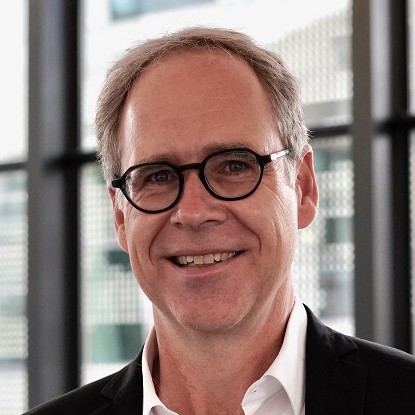Dr. Ahmad Sayyadishahraki
Age: 34
My research areas: Ceramic dielectric materials, Piezotronics materials, Ceramic processing and sintering
Name of my University / Research Institute: Isfahan University of Technology, Isfahan, Iran
Research period at the TU Darmstadt:July 2021 to June 2023 (Georg-Forster Research Fellowship for Postdoctoral Researchers)
My fascinating field of research at TU Darmstadt is…
It is about designing new types of Ultraviolet (UV) photodetectors. UV sensors are widely needed to measure the radiation level. UV light has a profound impact on the survival and development of humankind. For example, moderate skin exposure to natural or artificial UV is advantageous for health. By contrast, excessive UV radiation can cause various diseases, such as cataracts and skin cancer. In addition, Ultraviolet photodetectors are required in important applications such as pollution monitoring and secure space-to-space communication.
What research questions are you currently working on?
The UV detectors need to be highly sensitive with a fast response time. However, current solutions are not satisfying. Therefore, the study of UV photodetection is essential. We work to design a new and effective UV photodetector based on ZnO crystals, which is expected to provide higher sensitivity and responsivity with low leakage current even for very small levels of UV illumination. We intend to utilize a newly discovered feature of ZnO materials known as piezo-phototronic to further enhance the performance of the UV sensors.
My most important success in research to date is…
My research in the past years has focused on gaining a clear understanding of the main dielectric loss sources in microwave dielectric ceramics. In particular, I have been studying the role of point defects in the dielectric loss of high-performance, complex perovskite compounds. These materials are extensively used in wireless communication technology in cell phone bandpass filters. It is generally believed that the lowest dielectric loss can be obtained in stoichiometric ceramics with the lowest concentration of intrinsic lattice defects. In contrast to these expectations, my studies have demonstrated that small deviations from stoichiometry can significantly reduce the energy loss of these ceramics.
I’ve chosen TU Darmstadt because of…?
I believe that the fellowship at TU Darmstadt will enhance my ability in project and time management, independent thinking, and recognition in the scientific community. Prof. Jürgen Rödel, the first host, is a world-renowned expert in the field of piezoelectric materials. Furthermore, Dr. Till Frömling, the second host, is head of a BMBF junior research group and an expert in the electronic conductivity in oxides. Therefore, the research stay at TU Darmstadt would expand my international scientific network and collaboration with well-known researchers.
What lasting impressions will you take back home with you from your time in Darmstadt and Germany as a whole?
Working at the TU Darmstadt and generally in Germany would definitely provide me with further experience and understanding of people with different cultures that can facilitate my future collaboration with researchers from around the world. On the other hand, the present research field at TU Darmstadt opens a new chapter in my scientific life because the advanced knowledge and skillsets that I would learn during research on electronic devices are extremely interesting and applicable.
Questionnaire for the host
Guest of: Dr. Till Frömling, Prof. Dr. Jürgen Rödel
Department: Materials and Earth Science, Nonmetallic-Inorganic Materials.
What would you say you appreciate most about your guest or what made the most favourable impression on you…
Dr. Sayyadisharaki is a kind person and experienced scientist. That makes him an excellent fit for our workgroup, as we highly value a collaborative approach to science. He is furthermore very eager to learn new things and evolve in a new field of research. Therefore, we hope that we can provide a platform for him to reach his full potential and have a great time at the TU.
You, your team and the TU Darmstadt benefit from your guest’s …
His will to jointly seek new science is something not only our group will benefit from. The process for him to arrive in Darmstadt took more than two years due to the Corona situation. However, he was always determined to work with us at the TU Darmstadt. Thus, I am sure he will be a great asset to the TU in general.
You, your team and the TU Darmstadt benefit from your guest’s…
…research expertise in the field of catalysis, which is intrinsically quite multidisciplinary at the interface of chemistry, materials science, chemical engineering and more. Navneet Gupta is a passionate and experienced researcher with expertise he gained from world’s top universities and catalysis research groups. All these different research environments provided him an invaluable experience and also an excellent network in the field of heterogeneous catalysis and biomass conversion, which he will use and further develop during his stay in my group. And this is definitely something the group and TU Darmstadt will benefit from as new collaborations and future projects can be based in such a fruitful collaboration.







